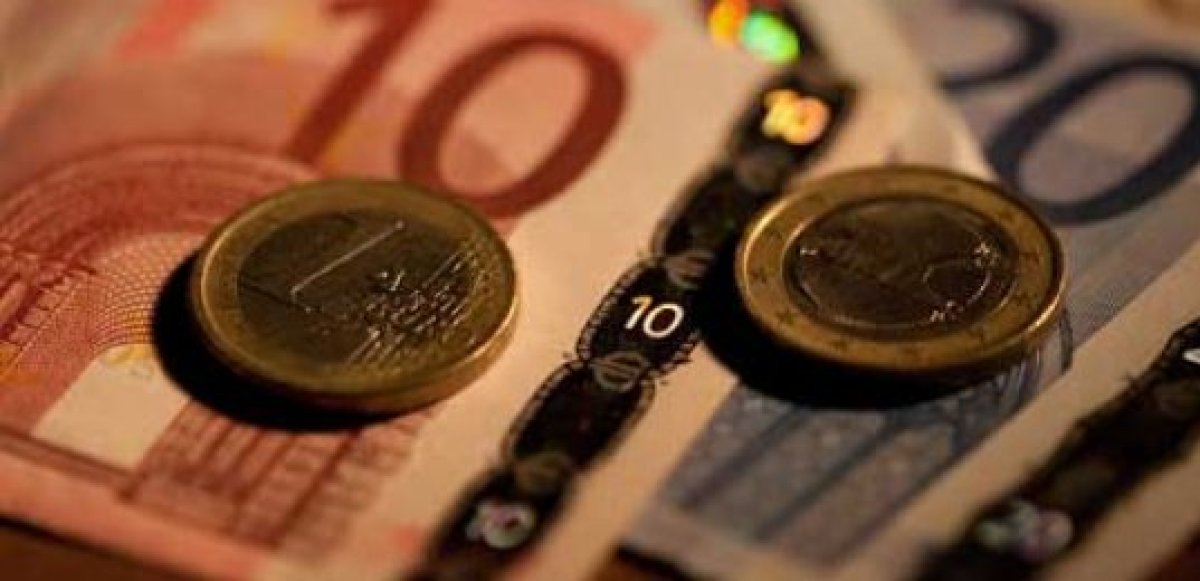“Is that all?” newly elected Greek Prime Minister George Papandreou asked his budget committee in 2009 during a meeting to find out exactly how much the government was spending. A series of financial scandals led to the ousting of the incumbent party and ushered in a new Greek government—one which would count the money it spent instead of assuming they spent what they had budgeted. It took a week of meetings with each department head to learn the actual state of Greek finances. Every night Papandreou would ask if they had all the spending data, the department heads would affirm they did, and the next morning they would come back with more data. That year, the government raised their budget deficit from 6% (set the previous year) to 12.7%. Later it became 15.4%.
There were many causes to the catastrophe besides criminally optimistic accounting practices. There is widespread tax evasion among Greek’s self-employed and corruption among collections agents. Plastic surgeons would declare $12,000 yearly income. Public sector workers were paid as high as four times their private sector equivalents.
When the day of fiduciary reckoning came, the catastrophe was met with excuses. The current administration blamed the previous administration. The public sector workers claimed the high salaries were their just compensation. Everyone suspected everyone else was cheating on their taxes (and most of them were right). But the greatest evil in the eyes of the Greek citizens were the foreign banks (mostly German) who lent their country the money in the first place.
This world of economic depression with no parties willing to take responsibility for the crisis is ripe for a strong leader who will save the day. They are looking for someone with the power to fix their problems in exchange for their submission. After all, what good is national autonomy without a comfortable lifestyle?
There is a man coming who will have the power to offer hope to a floundering world. He will promise global unity and prosperity. Yet the source of his power is unseen, uncontrollable, and evil.
In Revelation 13:2, it says of the beast (the antichrist), “…and the dragon gave him his power, and his seat, and great authority.” The antichrist then does not rise to prominence through his own power, but he is given authority by the dragon—Satan. There are three words that describe what Satan will give the antichrist to make him appealing to the world and especially Europe.
First, power is given to him. This power is from the Greek word dunamis, referring to power of ability. The antichrist will have the capabilities to deal with the world’s critical issues which may be centered around economics.
Second, Satan will give him his seat, or throne. The antichrist will have political authority over the nations as he sits as a ruler over them in the political arena.
Finally, the third advantage given is great authority. Perhaps because of his capabilities and position the third is the outcome—“great authority.” Often in a season of economic and political collapse, the time is ripe for a dictator to rise in power and with great authority to right what had gone wrong. Hitler rose up in Germany, and Mussolini in Italy before WWII. People today are looking for someone to fix all their problems, not just in America or Europe, but the entire world. Satan for sure is ready and willing to manipulate the circumstances to eventually get his false-christ in position as the world ruler.



